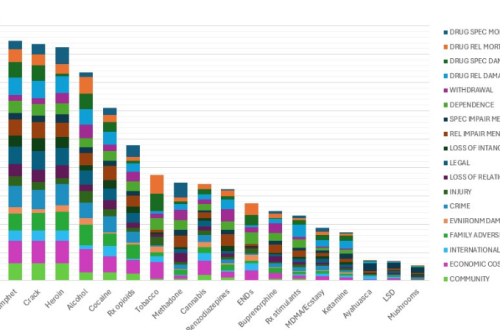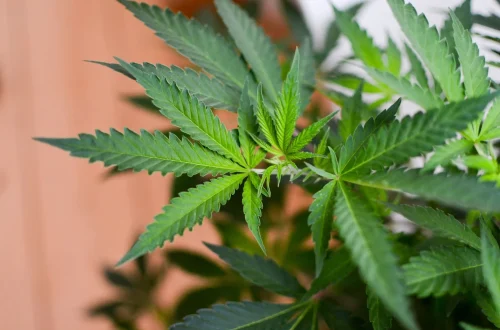Drug Policy Question of the Week – 6-9-10
As answered by Mary Jane Borden, Editor of Drug War Facts for the Drug Truth Network on 6-6-10. http://www.drugtruth.net/cms/node/2930
Question of the Week: Can heroin be used to treat heroin addiction?
First, a look at the numbers finds that there were approximately 213,000 current users of heroin in the United States in 2008, with current users defined as those who had used the drug in the last month. This kind of use is medically defined as chronic.
The two physicians looked into heroin addiction in the 2004 Archives of Internal Medicine article entitled, “Treating Opioid Dependence.” They pointed to a scientific basis for heroin addiction by postulating,
“Chronic heroin abusers end up with an endogenous opioid deficiency because of down-regulation of opioid production. This creates an overwhelming craving.”
Three synthetic opiates — Methadone, Levomethadyl, and Buprenorphine – have been developed as chronic maintenance therapies to overcome this down regulation and the consequent cravings.
Very recently – in fact just last week – the prestigious British medical journal, The Lancet, contained an article and commentary concerning the
“scientific evidence base [that] is emerging to support the effectiveness of maintenance treatment with directly supervised medicinal heroin as a secondline treatment for chronic heroin addiction.”
Heroin maintenance is targeted toward the
“5-10% of heroin addicts who fail to benefit from established conventional treatments.”
Moreover, studies have shown that,
“treatment with supervised injectable heroin leads to significantly lower use of street heroin than does supervised injectable methadone or optimised oral methadone.”
Commenting on heroin maintenance, The Lancet concluded,
“The existing interference and non-evidence-based opposition from politicians and care providers, who refuse to acknowledge the limitations of methadone maintenance and the superiority of prescribed heroin in selected populations, is arguably unethical. Denying effective second-line therapy to those in need ultimately serves to condemn many users of illicit heroin to the all too common outcomes of untreated heroin addiction, including HIV infection or death from overdose.”
These facts and others like them come from the Heroin and Heroin Maintenance chapters of Drug War Facts.
Questions concerning these or other facts concerning drug policy can be e-mailed to [email protected].



